Books to add to your Independence Day reading list
Here are our recommendations of the bestselling books to revivify your nationalism this Independence Day!

Happy Independence day Pakistan!
For those of you not too keen on setting off fireworks or venturing out on the street this three-day weekend, we recommend you revivify your nationalism by reading these bestsellers that recap and retell Pakistan’s birth, 70 years from today, and encourage reflection and enliven history.
Here are Geo.tv’s handpicked recommendations:
The Oxford Companion To Pakistan History – Edited by Ayesha Jalal
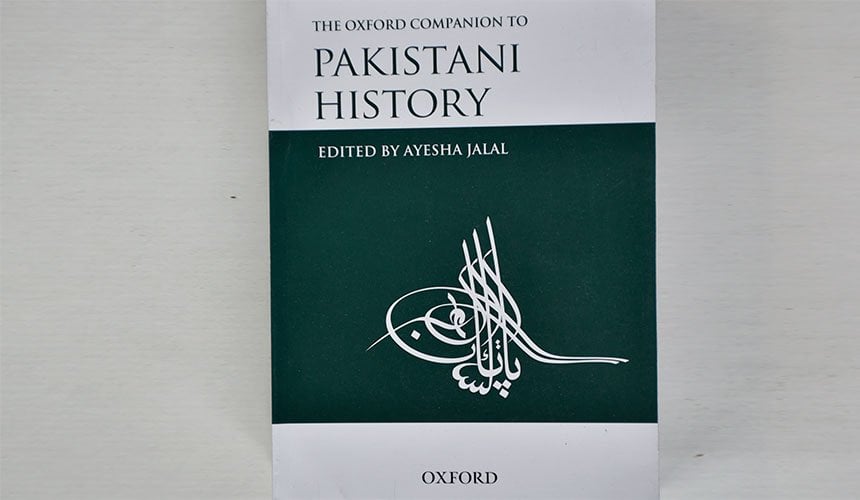
This book is essential for anyone that wishes to understand Pakistan’s history and the history of the tumultuous period that lead to its birth.
The individual pieces, almost 800 of them, are diverse and myriad, ranging from the Sindhi short story writer Sobho Gianchandi to the Rawalpindi Conspiracy Case, from Salman Taseer to Tehreek-e-Istiqlal, from the 17th century poet Rahman Baba to a detailed account of the partition.
The contributors are renowned scholars from different fields, including the economist Akmal Hussain, activist I.A. Rehman, architect Kamil Khan Mumtaz and painter/writer Salima Hashmi.
Written in an objective style with focus on analysis rather than propaganda, this companion is a must have on your bookshelves.
Price: Rs. 1695
Kashmir: A Disputed Legacy 1846 – 1990 - Alastair Lamb
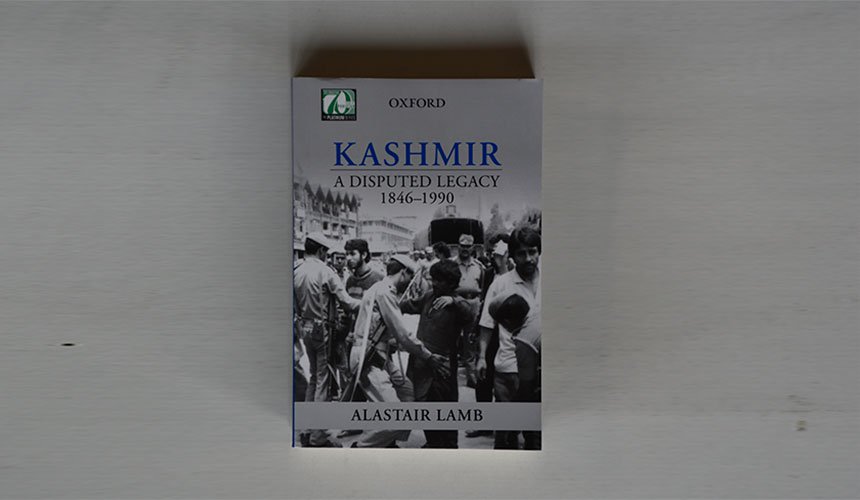
The author provides a nuanced, yet detailed, account of the Kashmir dispute post-partition.
Simultaneously, it delves into the Northern Frontier in the last days of the British Raj, laying out the background that lead to India and Pakistan staking claim on the region.
While the book does examine the much-contested UN resolution, India-Pakistan dialogues, and the wars that the two countries fought, it is at its best when it dives deep into the valley and chronicles the insurgency - intrigue by intrigue, protest by protest, bullet by bullet.
Price: Rs. 725
How Pakistan Got Divided – Rao Farman Ali Khan
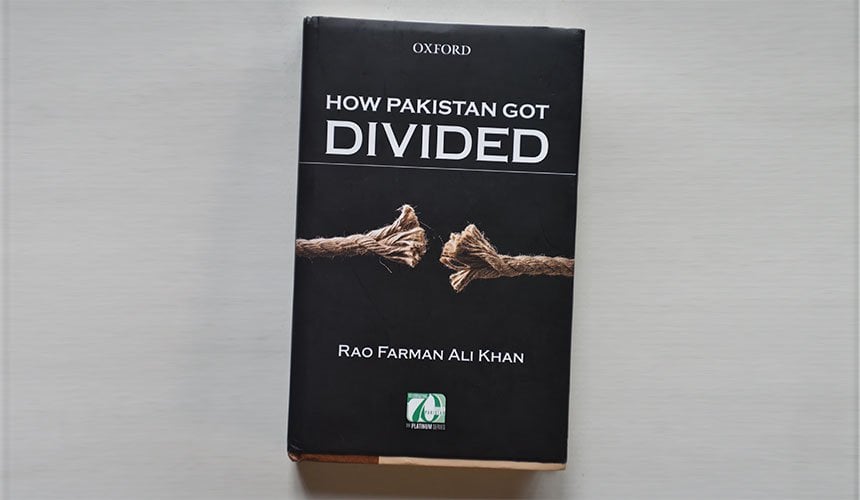
Major General Rao Farman (1922 – 2004) was not just a prisoner of war in the India- Pakistan conflict of 1971, but also a close spectator of the events that culminated in the creation of Bangladesh.
His book, How Pakistan Got Divided, was first published in 1992 by the Jang publications.
This year, an updated version of the book has been released, which includes newspaper reports, letters and citations from other books. More importantly, excerpts from the Hamoodur Rehman Commission have also been added to its chapters.
The book, more or less, lays the blame for the country’s division at the two doorsteps of two political leaders - Mujib ur Rehman and Zulfiqar Ali Bhutto.
However it is at its best when it delves into the heart of the conflict; a besieged Dhaka under Indian aircraft fire, an army surrounded and boxed in, the Mukti Bahini operating like a menacing assassin hiding in the shadows, and the spectre of the arrogant General Niazi reduced to a broken man, shrieking and weeping on hearing the word ‘surrender’.
Price: Rs 1150
The Punjab Bloodied, Partitioned and Cleansed – Ishtiaq Ahmed
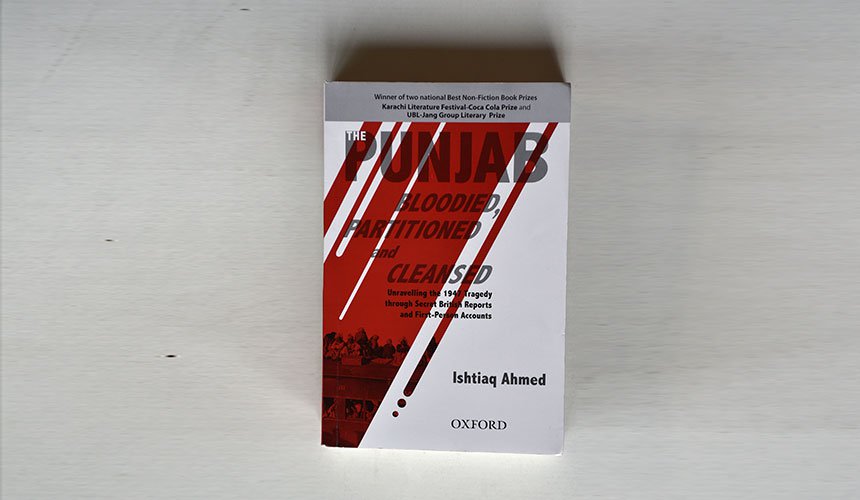
Beyond the romanticism of the partition of 1947 lies a harrowing tale of large scale ethnic cleansing, of neighbors turning on neighbors, of blood flowing in the streets, and of mobs descending on unarmed migrants.
At times poignant and horrifying, this book includes many declassified British Reports which shed light on the riots from different angles.
Eyewitness accounts are gathered from both sides of the border. Ahmed does not shy away from documenting atrocities committed by one group or the other.
The brutality of Muslim goons is chronicled in there as is the cruelty of Sikh mobs, from the lone old Muslim grandfather in Amritsar who was killed while waiting for his son, to the Sikh professor who was butchered in the streets of Lahore while trying to stop a mob; from the viciousness at Chowk Farid to the savagery in Mozang; from the blood stained trains crossing over with Hindus and Sikhs to the corpses of Muslims abandoned on road sides without proper burial.
Price: Rs. 1500
Incomplete Partition The Genesis of the Kashmir Dispute 1947-1948 – Alastair Lamb
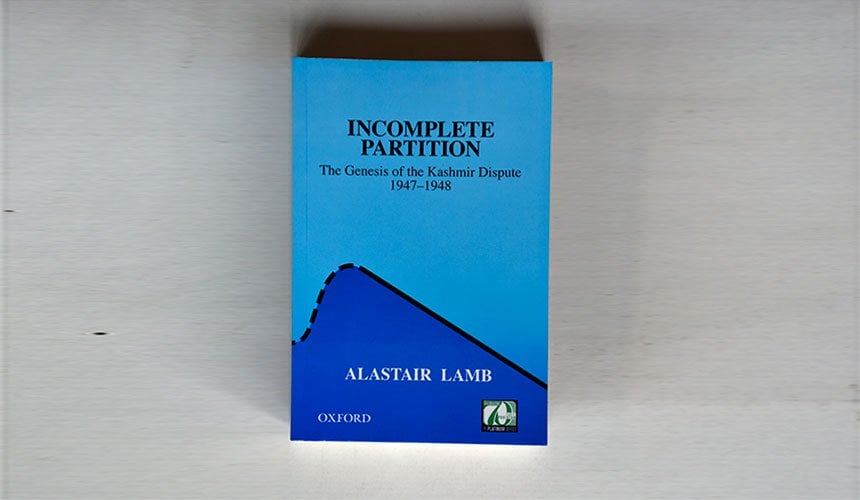
This second book by Lamb revolves around the intriguing concept that the Kashmir dispute is a direct result of the flawed process through which the partition of the subcontinent took place; and that unless the ‘incomplete partition’ is completed, the Kashmir dispute will never be resolved.
A significant part of the book is dedicated to the UN’s handling of the Kashmir dispute in 1948 and the argument that the fate of Jammu and Kashmir may best be decided by its inhabitants.
Today, when the region is again plagued by violence and with an Indian regime more authoritarian than its predecessors, it is useful for the students of history amongst us to read this book and wonder at the hopelessness to resolve the most dangerous of disputes between two nuclear armed states.
Price: Rs.795
In collaboration with the Oxford University Press
—Compiled by Natasha Mohammad Zai




